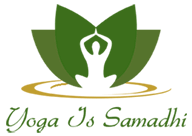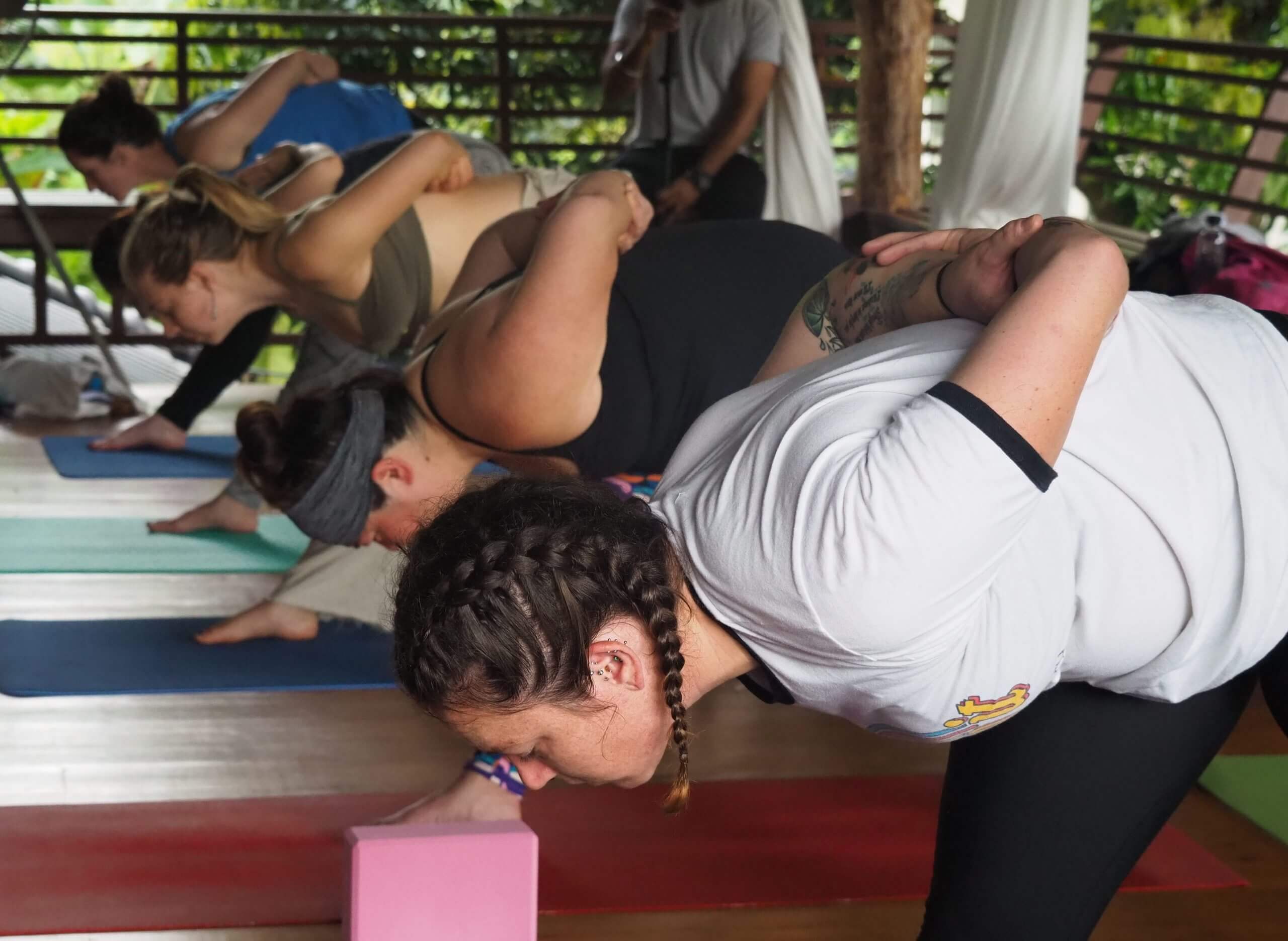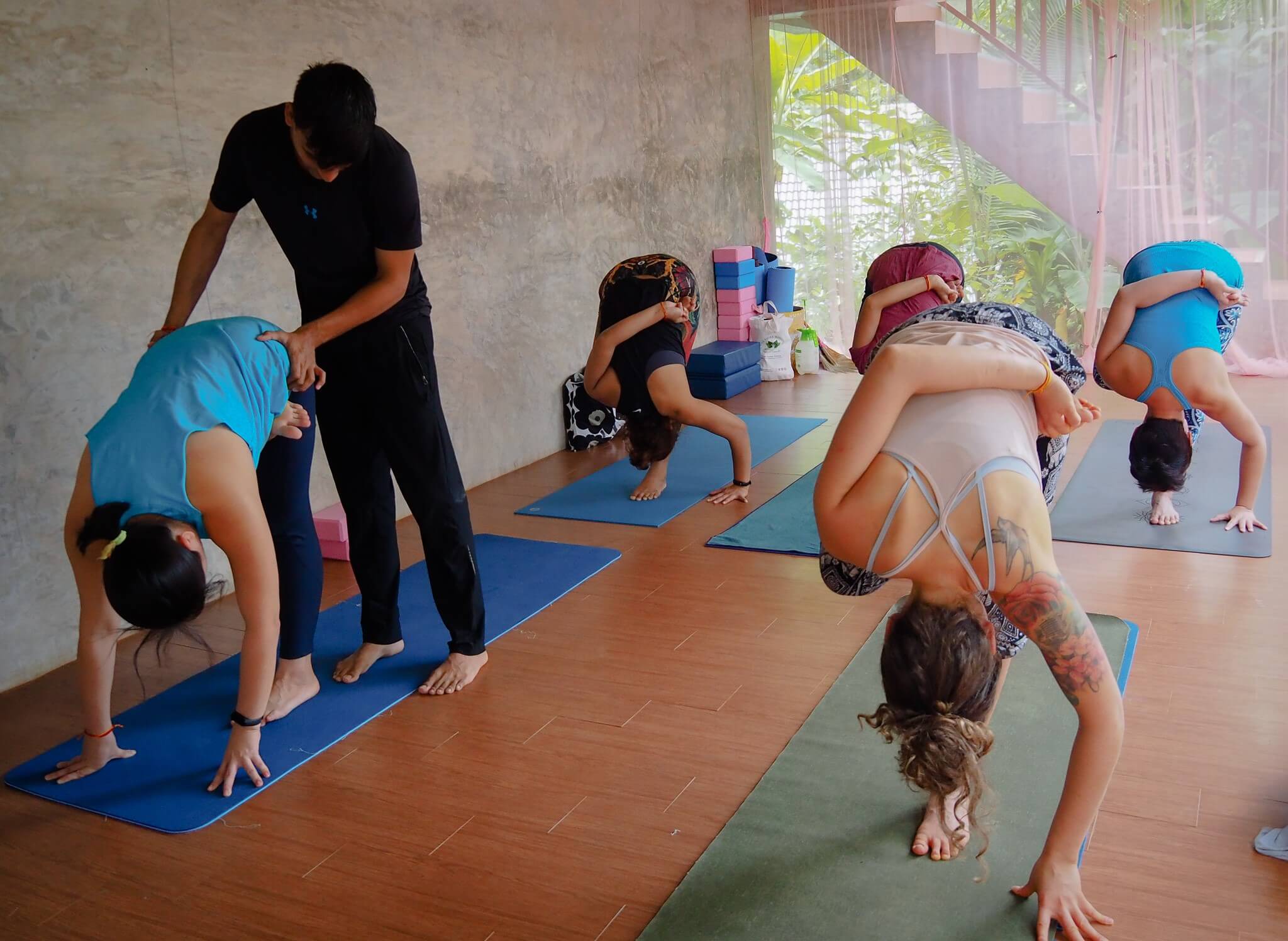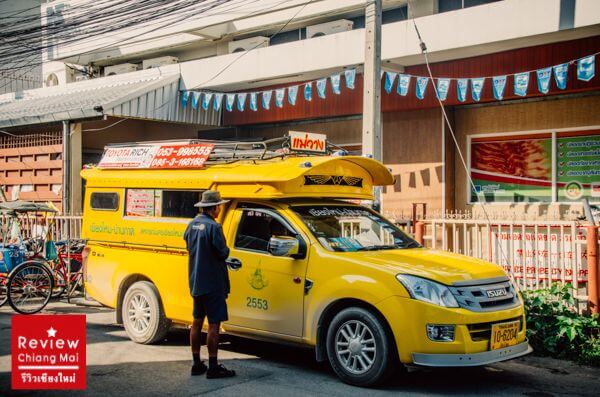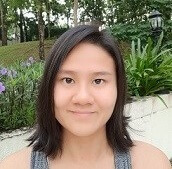300 HOUR YOGA TEACHER TRAINING IN CHIANG MAI, THAILAND
28 Days | Intermediate – Advance
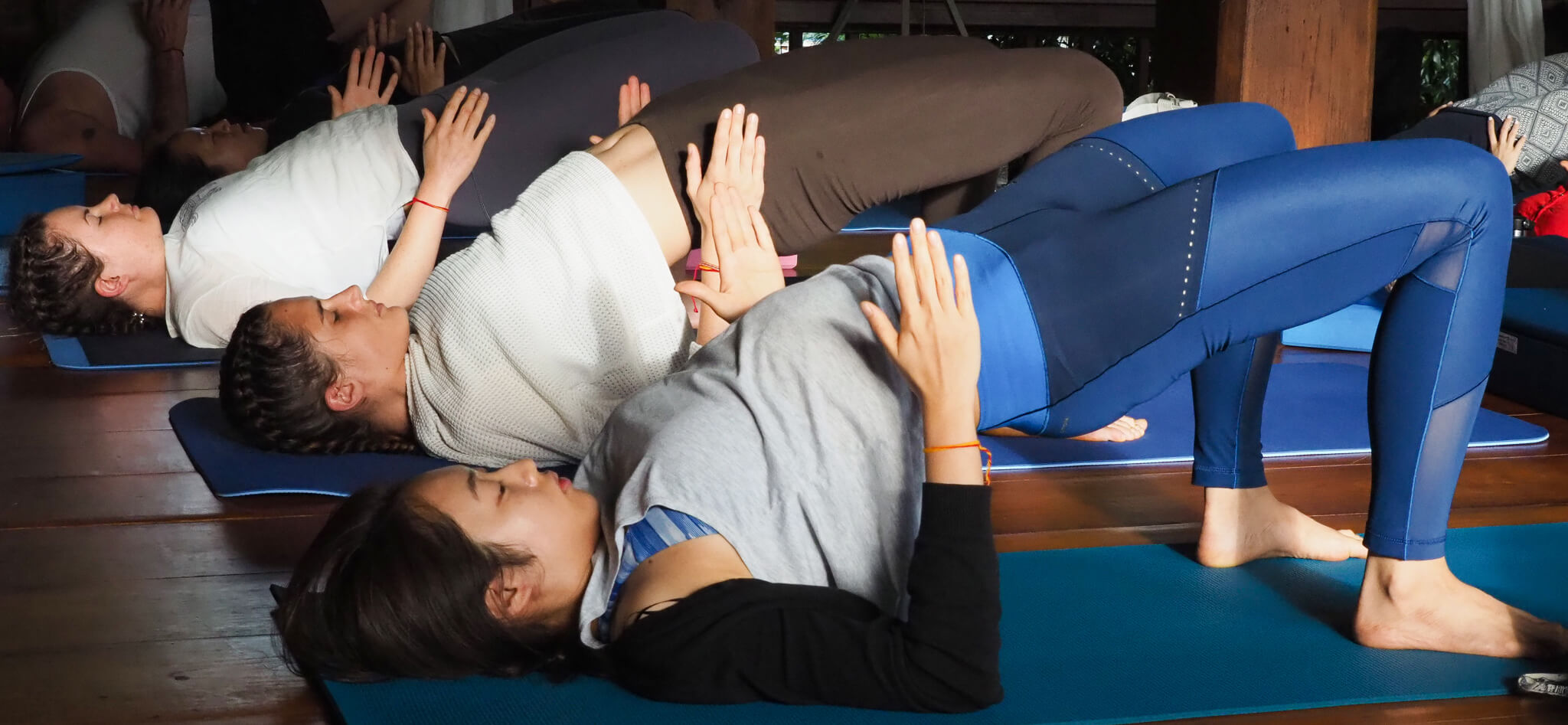

The 300 Hours Yoga Teacher Training at Yoga Vidya Mandiran in Chiang Mai, Thailand is a subsequent training that follows the 200 Hours Yoga Teacher Training, held over a period of 28 days and 27 nights. Upon the completion of your 300 Hours Yoga TTC you would have completed a total of 500 training hours.
At Yoga Vidya Mandiram, we make sure to integrate well-rounded studies of yoga and bringing spirituality into the teachings and practices to support personal and spiritual growth of our students. The curriculum integrates the essential subjects consisting of pranayama, shat kriya, asana practices, yoga philosophy, yoga anatomy, relaxation (Yoga Nidra) and meditation. For asana practices, our school focus on Hatha Yoga and Ashtanga Vinyasa Yoga styles of asana. Students will go through 6 days of training with 1 rest day per week. On the rest days, our school organizes excursions for students that may involve cultural activities, temples and nature visits in the local area. The rest day is one of the weekdays to avoid tourists and traffic during the weekends.
Accommodations, meals, and excursions during the training are inclusive in the course fee as mentioned in more detail below.
CHOOSING YOUR 300 HOURS YOGA TTC
Once you completed the 200 Hours Yoga TTC, you would most likely be looking for a 300 Hours Yoga TTC to further your studies. You may either take the 300 hours Yoga TTC from the same yoga school or from a different school with different styles and tradition from where you have taken your 200 Hours Yoga TTC.
Students who change yoga schools for their 300 Hours Yoga TTC may experience some adjustment period. Different yoga schools design their 200 Hours Yoga TTC curriculum in various different ways such as the difference in asana styles, yoga tradition, selection of class contents, focused subjects throughout the training, depth of each content covered in each class, even the same practices may be taught slightly differently. Many 200 Hours Yoga TTC focuses on asana practices and much less on yoga philosophy and yoga anatomy, as students are more attracted toward physically-oriented trainings rather than a holistic yoga studies that allocates training hours for yoga philosophy, yoga anatomy, meditation, yoga nidra or other subtler practices that works with the mind and emotions.
During the 300 Hours Yoga TTC at our school, some may find that they have touched based on several topics during their 200 Hours Yoga TTC in previous school, while other students find that they never heard of many topics or was never introduced to several basic practices that is integrated with different practices at a more advanced level in the 300 Hours Yoga TTC, resulting in difficulty following some practices. This varies depending on each student’s yoga backgrounds. Therefore, it is important to understand the possible differences you may experience between different yoga schools and to keep an open-mind and be patient while going through your 300 Hours Yoga TTC at a selected yoga school.
Prerequisite
- Completed 200 Hours Yoga TTC with a Registered Yoga School (RYS200) under Yoga Alliance
Course Level
- Intermediate
- Advance
Language of Instruction:
- English
300 Hours Yoga TTC is suitable for those who...
- Have completed their 200 hours Yoga TTC and want to continue their yoga studies
- Are interested in understanding more about body and mind after their 200 hours TTC
- Are looking for further studies of yoga philosophy and yoga anatomy
- Are looking for further guidance to deepen their asana, pranayama, yoga nidra, and meditation practices
- Are interested in gaining and developing confidence and experience in teaching yoga sessions
- Aspire to teach intermediate-advance yoga sessions
- Are entirely dedicated and focused to become a professional 500 RYT yoga teacher and guide
Course Completion Requirements
- Weekly Assignments
- Final Teaching Exam
- Final Written Exam
- Required 100% attendance
- No violation of Code of Conduct and School Policy
300 Hour Yoga Teacher Training : Course Curriculum
-
-
- Meditative steps of performing hatha yoga; centering, entering, refining, holding, coming out, and reflection
- Astanga vinyasa flow – series 1
- Surya namaskar (sun salutations I, II & III) – dynamic Surya namaskar, Surya namaskar with breath awareness, Surya namaskar with 12 mantras with their bija-mantras
- Modifications of yoga asanas
- Types of yoga asanas – standing, sitting, backward bending, forward bending, spinal twisting, fire series, inversion, Shavasana etc.
- Alignment & art of adjustment
- Preventing common injuries
- Counter pose
- Contraindications
- More on the yoga asanas benefits
-
-
-
- Science of breath
- Advance postures for pranayama
- Reviewing the diaphragmatic breath
- Different practices of pranayama: nadi shodhana, ujjayee, kapalabhati, bhastrika, shitali, shitkari, brahmari, and anuloma viloma, suryabhedi, and various types of kumbhaka pranayama and others
- Breathing for the advance yoga practices, such as chakra and kundalini
- Benefits or pranayama practices
- Guidelines for regular pranayama
-
-
-
- Jalandhara-bandha (chin lock)
- Uddiyana-bandha (abdominal lock)
- Moola-bandha (root lock)
- Maha-bandha (great lock)
-
-
-
- Introduction to the concept and practices of relaxation
- Relaxation of efforts
- Philosophy of yoga-nidra
- Sequence the advance relaxation practices
- 31 points relaxation exercise
- 61 points relaxation exercise
- Preparation for yoga-nidra
- 61 blue star – yoga-nidra
-
-
-
- Meditation in action
- Advance yoga asanas for meditation
- Reviewing the steps into basic meditation
- OM Kriya
- Spinal breath
- Sushumna breath through chakras
- Kundalini practices 1 & 11
-
-
-
- System within the personality; A deeper understanding of human personality which contains physical and subtler bodies, such as; 10 active and cognitive senses, mind, intellect, and ego.
- Therapy principles for stress disorders
- Stress: Introduction
- Humoral theory (in ancient Indian medicine, Greek medicine & modern medical science)
- The Brain and its sub cortical centers
- Stress and Neuro-endocrinal changes
- Stress management through yoga:
- Asana (physical postures)
- Pranayama (breathing practices)
- Dhyan (meditation)
- More effect of yoga asanas on the muscles and body
- Nadis (energy channels)
- Chakras and Kundalini (energy plexus and coiled up energy)
- Advance learning about pancha kosha (five sheaths)
- More on the study of pancha pranas (five vital energy)
-
-
-
- General introduction: six schools of Indian philosophy
- Elementary intro to Samkhya and Yoga philosophies
- The Yoga-sutras of Patanjali
- History of Yogic science
- Astanga-yoga: yama, niyam, asana, pranayam, pratyahara, dharana, dhyana, and samadhi
- Introduction to Vedanta (Yoga of the Upanishads)
- The yoga of the Bhagavad-gita
- The tantric yoga
- Yoga Ethics: yamas, niyamas, four brahma-viharas and more on the ethics of a teacher
- Daily life style of a sadhaka
-
-
-
- Yogic and Ayurveda on the concept of life
- Philosophy of Ayurveda: body and mind
- The concept of tri-dosha: vata, pitta, and kapha
- The concept of tri-gunas: sattva, rajas and tamas
- Ayurveda and the balanced and healthy nutrients diet
- Balance of the mind and body through proper diet as in Ayurveda
-
-
-
- Intro to mudras and their importance in yoga practices
- Mudra and its psychology
- The elements residing in the fingers and five mudras: akasha-mudra, jnana-mudra, agni-mudra, varuna-mudra, and prithvi-mudra.
- Note: Other important mudras are: dhyan-mudra, prana-mudra, apana-mudra, linga-mudra, shunya-mudra, vishnu-mudra, bhairava-mudra, and hridaya-mudra
-
-
-
- Intro to meditation & mantra
- Understanding of the following mantras: aum, gayatri, trayambakam, guru, shanti etc.
- Understanding of morning, evening, and meal prayers
- Surya-namaskara 12 mantras along with bija mantras and their understanding
- Pronouncing the names of the advanced asanas
- Selected yoga-sutras recitation with their understanding
-
-
-
- Jala-neti
- Sutra-neti
- Kunjala
- Trataka
- Agni-sara
- Nauli
-
-
-
- Learning to instruct & guide
- Main points: Teaching to what you observe, Timing a class, Greeting/Centering, Sequence in teaching,
- Themeing a specific posture
- Classroom Organization
- Demonstration
- Health Concerns
- Language
- Modification in Posture
- The role of a teacher
- The practice and service of teaching yoga
-
-
-
- Class sequences
- Develop intention for classes
- Self-evaluation
- Assignments
- Practice teaching
- Feed back
- Group discussion
- Question & answer
- Home work
-
300 Hour Yoga Teacher Training Course in Chiang Mai, Thailand: Daily Schedule
This 300 Hour Yoga Training will be schedule on 6 days for the intensive study and practices and on the rest day there will be excursions organized by school as mentioned above. During this yoga teacher training, you will be provided with three yoga vegetarian meals (no eggs), including afternoon tea or herbal drink.
We encourage students to go to sleep early around 9pm or before 10pm as that is conducive to the yoga training. Here it is the typical daily schedule for 300 Hour Yoga Teacher Training in Chiangmai, Thailand:
Typical Daily Schedule
| Time | Activity | |
|---|---|---|
| 05:00 – 06:00 | : | Wake Up! |
| 06:15 – 06:30 | : | Mantra Chanting |
| 06:30 – 07:30 | : | Shat-kriyas & Pranayama Practices |
| 07:30 – 09:00 | : | Hatha Yoga (Classical) |
| 09:00 – 10:00 | : | Breakfast & Free Time |
| 10:00 – 11:00 | : | Yoga Philosophy |
| 11:00 – 12:00 | : | Yoga Anatomy & Physiology |
| 12:30 – 13:00 | : | Karma Yoga (Seva) |
| 13:00 – 14:30 | : | Lunch |
| 14:30 – 16:00 | : | Self-Study / Self-Practice / Extra Alignment Session (2x per week) |
| 16:00 – 16:15 | : | Tea Break |
| 16:30 – 18:00 | : | Ashtanga Vinyasa Yoga |
| 18:00 – 19:00 | : | Relaxation & Meditation |
| 19:00 – 20:00 | : | Dinner |
| 20:00 – 21:00 | : | Self-Study / Free-Time |
| 21:00 | : | Go to Sleep! |
| * Schedule is subjected to slight changes.
Note: The first day of the course will start with an opening fire ceremony at 10.30am. |
||
300 Hour Yoga Teacher Training Course in Chiang Mai, Thailand: Course Dates
Here are the dates for our upcoming 300 Hour Yoga Teacher Training in Chiangmai, Thailand:
| Course Date | Course Name | Book Now |
|---|---|---|
| 1st – 28th November, 2025 | 300 Hour YTTC in Chiang Mai, Thailand | |
| 1st – 28th February, 2026 | 300 Hour YTTC in Chiang Mai, Thailand | |
| 1st – 28th November, 2026 | 300 Hour YTTC in Chiang Mai, Thailand | |
| 1st – 28th February, 2027 | 300 Hour YTTC in Chiang Mai, Thailand | |
| 1st – 28th November, 2027 | 300 Hour YTTC in Chiang Mai, Thailand | |
| 1st – 28th February, 2028 | 300 Hour YTTC in Chiang Mai, Thailand |
300 hour Yoga TTC in Chaing Mai, Thailand: Course Fee
| Accommodation Type | Course Fee | |
|---|---|---|
| Budget Triplet Dorm (3 beds) – Female Only or Mix-Gender | US$ |
|
| Standard Triplet Dorm (3 beds) – Female Only | US$ 3 |
|
| Private Single Room (1 person/room) | US$ |
|
| Private Double Room (2 persons/room) | US$ |
|
| Note: Yoga Vidya Mandiram is currently offering 5% discount for 300 Hours Yoga TTC commencing from now until February 2026. | ||
Book Your Seat: An advance deposit of US$ 400 per applicant is required to secure your seat for the course. The remaining course fee is due on arrival at our school reception.
** Please kindly inquire for room availability and wait for us to confirm availability prior to your booking. **
Refund Policy
Advance deposit is strictly non-refundable. However, your advance deposit amount can be retained for rescheduling, only if an applicant makes a request 7 days before the program start date. Please read the details under Refund Policy.
School Policy & Code of Conduct
By signing and booking for your course at Yoga Vidya Mandiram, you are acknowledging that you have read, agree, and accept our School Policy and Code of Conduct. Please go through our School Policy and Code of Conduct thoroughly.
300 HOUR YOGA TEACHER TRAINING IN CHIANGMAI, THAILAND
BOOK YOUR SEAT
In order to secure your seat, please make an advance deposit of US$400 (13,600 THB – Thai Baht) per applicant. For the Private Double Room (Package for 2 persons), please pay the advance deposit for 2 applicants by changing the quantity (Qty) to 2 on the payment form in the next step.
** Please kindly inquire to confirm availability of your preferred room type before making your advance deposit payment. **
“INSIGHTFUL, AUTHENTIC COURSE/RETREAT FOR GENUINE LEARNERS”. For anyone TRULY seeking to know yoga or know yoga better, this course provides very authentic and insightful knowledge, taught by teachers who are not only experienced but who actually live and know the culture, heritage and roots of yoga. A very traditional approach to knowing yoga that is not rigid but proper, which I appreciate most. No added un-yoga elements. Yoga knowledge as it is. For this itself, the value for money is unmatched. Anymore authentic- you’ll need to head to India..haha.. no dislikes! =) The overall experience is very good and it’s as expected! TIPS: one must be prepared mentally and understand that you will be up in the mountains, away from the city, staying in a very simple, friendly guesthouse surrounded by nature- do manage expectations and be ready to embrace bare necessities. If facilities, accommodation, and luxury services are a top priority to you- you’ll need to reconsider. =)
